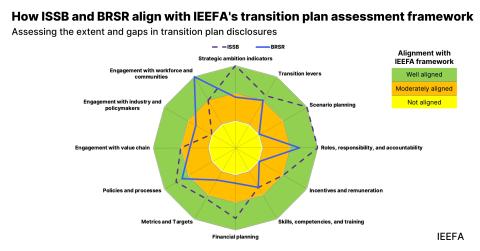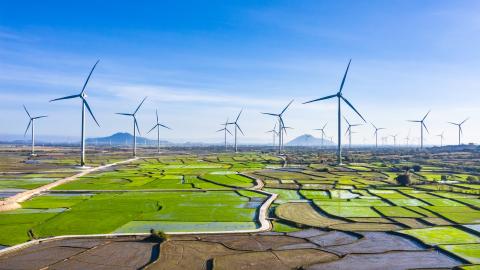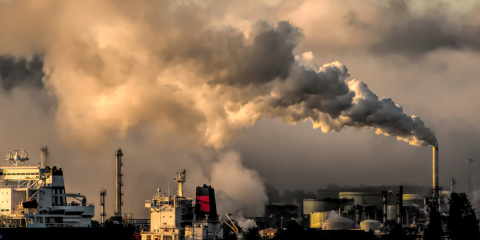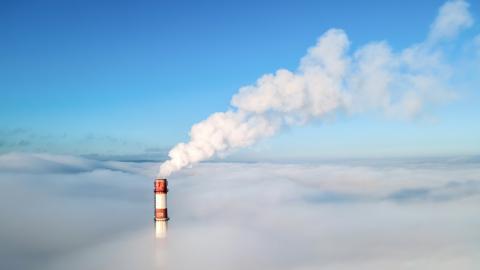In Q1, Four of Five Oil Majors Paid More Cash than They Made from Operations
Download Full Report
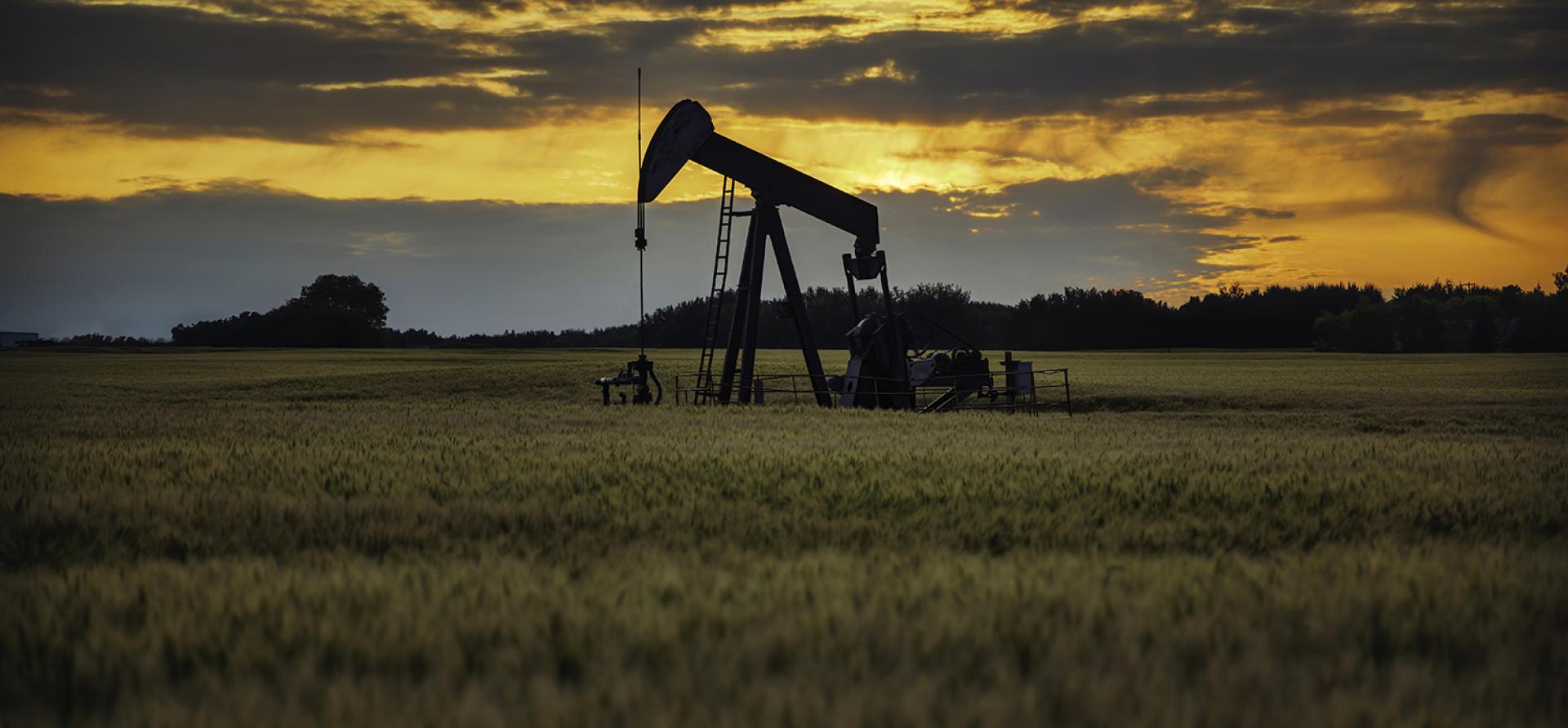
Key Findings
Over the past decade, stock market investors have taken an increasingly skeptical view of the oil and gas majors, prompted in part by these companies’ sustained inability to produce sufficient free cash flows to fund their dividends and share buybacks.
Today’s global oil and gas market—characterized by faltering demand, low prices, and rising volatility—will further weaken the industry’s prospects for generating the reliable, robust cash flows that attract investors.
Executive Summary
Four of the world’s five largest private-sector oil and gas companies paid more to their shareholders in the first quarter of 2020 than they generated from their core business operations.
Two of the oil supermajors, BP and Total, reported negative free cash flows in the quarter. BP spent $2.8 billion more on capital projects during Q1 than it generated from selling oil, gas, and refined products, yet still paid $2.9 billion to its shareholders—leading to a $5.7 billion cash deficit for the quarter. Similarly, French oil giant Total posted negative free cash flows of $1.1 billion in Q1, while paying shareholders $2.5 billion, yielding a deficit of $3.6 billion.
Chevron generated $1.6 billion in positive free cash flows during the quarter, but paid shareholders $4.0 billion in dividends and share buybacks, resulting in a $2.4 billion cash deficit. And ExxonMobil produced just $329 million in free cash flows, also making $4.0 billion in cash payments to shareholders, for a $3.7 billion deficit. Only Royal Dutch Shell spent within its means, generating $10.6 billion in free cash flows during the quarter, while paying $5.2 billion in dividend payments and share buybacks. (See Table 1.)
The four supermajors with deficits relied on other sources of cash—including borrowing, asset sales, and drawdowns of cash reserves—to sustain their dividends and share buybacks.
Press release: IEEFA: Canada’s major banks continue funding oil and gas companies despite growing concerns over decommissioning liabilities
Please view full report PDF for references and sources.











